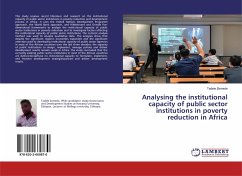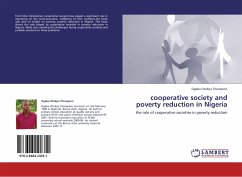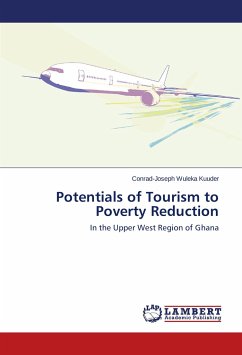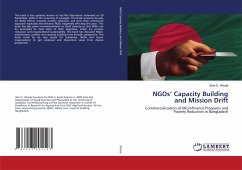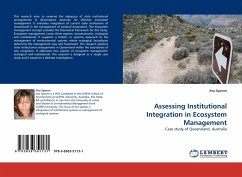This study reviews recent literature and research on the institutional capacity of public sector institutions in poverty reduction and development process in Africa. It uses the United Nations Development Programm approach, the World Bank approach, and Hilderbrand and Grindle five-dimensional frameworks to analyze the institutional capacity of public sector institutions in poverty reduction and to investigate factors affecting the institutional capacity of public sector institutions. The content analysis method was used to analyze qualitative data. The analyses show that despite the significant region's economies expanded and the significant attention paid to developing institutional capacity of public sector agencies in most of the African countries over the last three decades, the capacity of public institutions to design, implement, manage policies and deliver development results remains weak in Africa. The study concluded that the currently existing public sector institutionsin most of the African countries are dysfunctional/have no institutional capacity to formulate, implement, and monitor development strategies/policies and deliver development results.
Bitte wählen Sie Ihr Anliegen aus.
Rechnungen
Retourenschein anfordern
Bestellstatus
Storno

